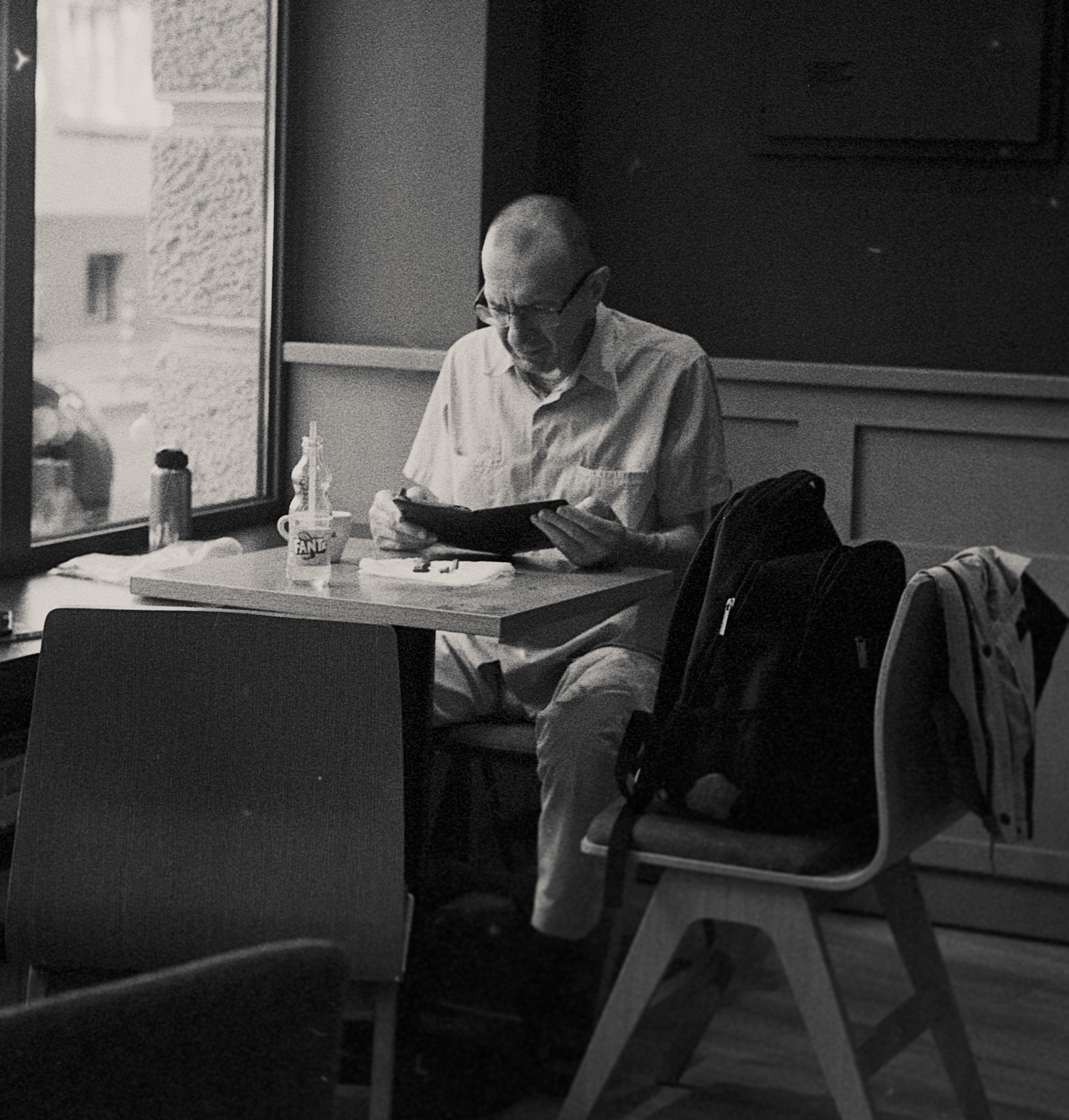ON THE OFFENSIVE AGAINST MODERNITY: EMIL STAIGER IN THE 1960s
-
ABSTRACT
My purpose is to show how the values that guided Staiger in his attitude to literature and to society ceased to be relevant in the first half of the 1960s. I am also showing the more general shift taking place in research paradigms in literary studies and in social values. In the course of the chapter, I discuss how Staiger creates:
• his exemplary, ideal-type poetics;
• how it is related with normative poetics, written before 1800;
• how it renews statements of normative poetics through the modern historical attitude towards literary forms.
The poetics sketched by Staiger is exemplary, but not prescriptive and restrictive; it includes modern literary forms and is open to future ones. This setting is different from the hostility that Staiger often shows toward modern literature in his publications during the same decade.
His understanding of style applies to literature and art as well as to the life of an epoch in general. He criticizes immanent interpretations, which are not based on historical knowledge of the literary work, but interpret it from the position of contemporary readers. According to Staiger, “the literary research begins only when we have reached the possibility of reading the literary work as its contemporaries.”
His concept does not allow interaction with the past, because it assumes that modernity is inferior in value, that it is not equal to “classical time”. Condemnation of modernity and modern literature is an element of the rhetorical strategy of Staiger’s texts during the 1960s. Modern art is unable to create moral models of community life, which classical art creates. Staiger’s concept is of community life, where law and personal freedom are not in conflict.
My general conclusion is that the dynamic changes in the humanities during the 1960s prompted Staiger to withdraw conceptually entirely from the contemporaneity. His approach loses its appeal, and his classicism begins to look anachronistic.


